Are beds that come in a box good? We asked two mattress makers
Bed-in-a-box mattresses are everywhere, but are you making a quality compromise compared to traditional mattresses? Here's what the experts say
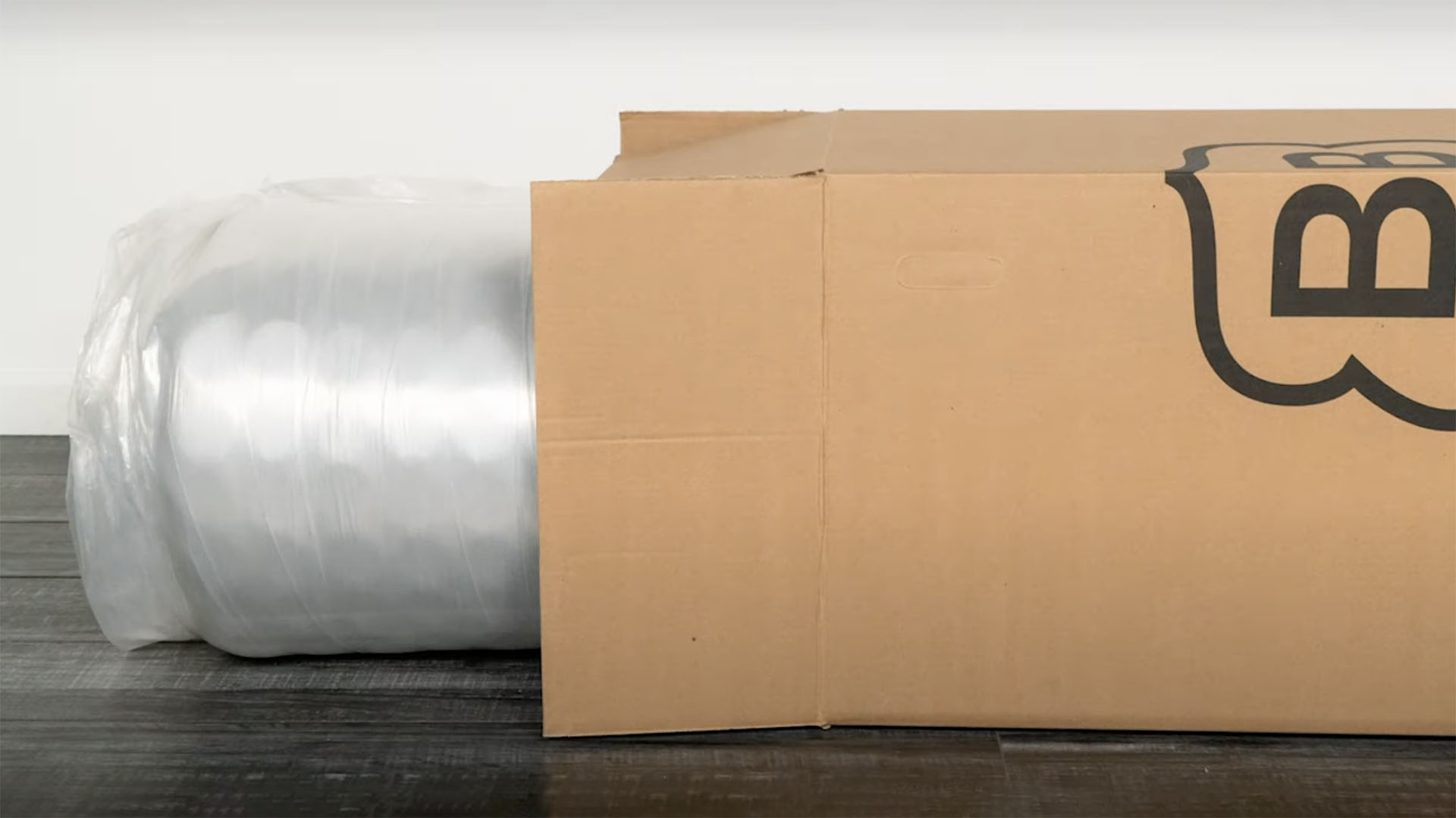
Bed-in-a-box mattresses are everywhere. Whereas in the past all mattresses were delivered flat, nowadays it's perfectly normal to have your mattress arrive in a compact box, having been vacuum-packed and rolled up.
But are you making a compromise in quality by opting for a boxed mattress? We spoke to representatives from Saatva – a traditional mattress that sits at the top of our best mattress ranking – and 3Z Brands – which makes some of the best bed in a box models – to try and get to the bottom of things. We're looking specifically at boxed mattresses here, but if you want a wider comparison of your options, head to our mattress in a box vs traditional mattress face-off. If you do decide that a mattress in a box is for you, then check out our guide on how to set up a mattress in a box.
So are bed in a box mattresses actually good quality? Let's find out...
Claim #1: Boxing damages the mattress materials
"Compressing a mattress can accelerate the destruction of its foam layers even before you sleep on it," says Byron Golub, Vice President of Product & Merchandising at Saatva. "Foam is like a sponge, and it has tiny cells that can break when you compress them... enough of the cells will break that the lifespan, and support, offered by the mattress will be reduced."
After being compressed, the mattress is usually folded before being rolled up. Byron argues that this can compromise the central third of the mattress – i.e. the important bit that sits beneath the lumbar – in particular.
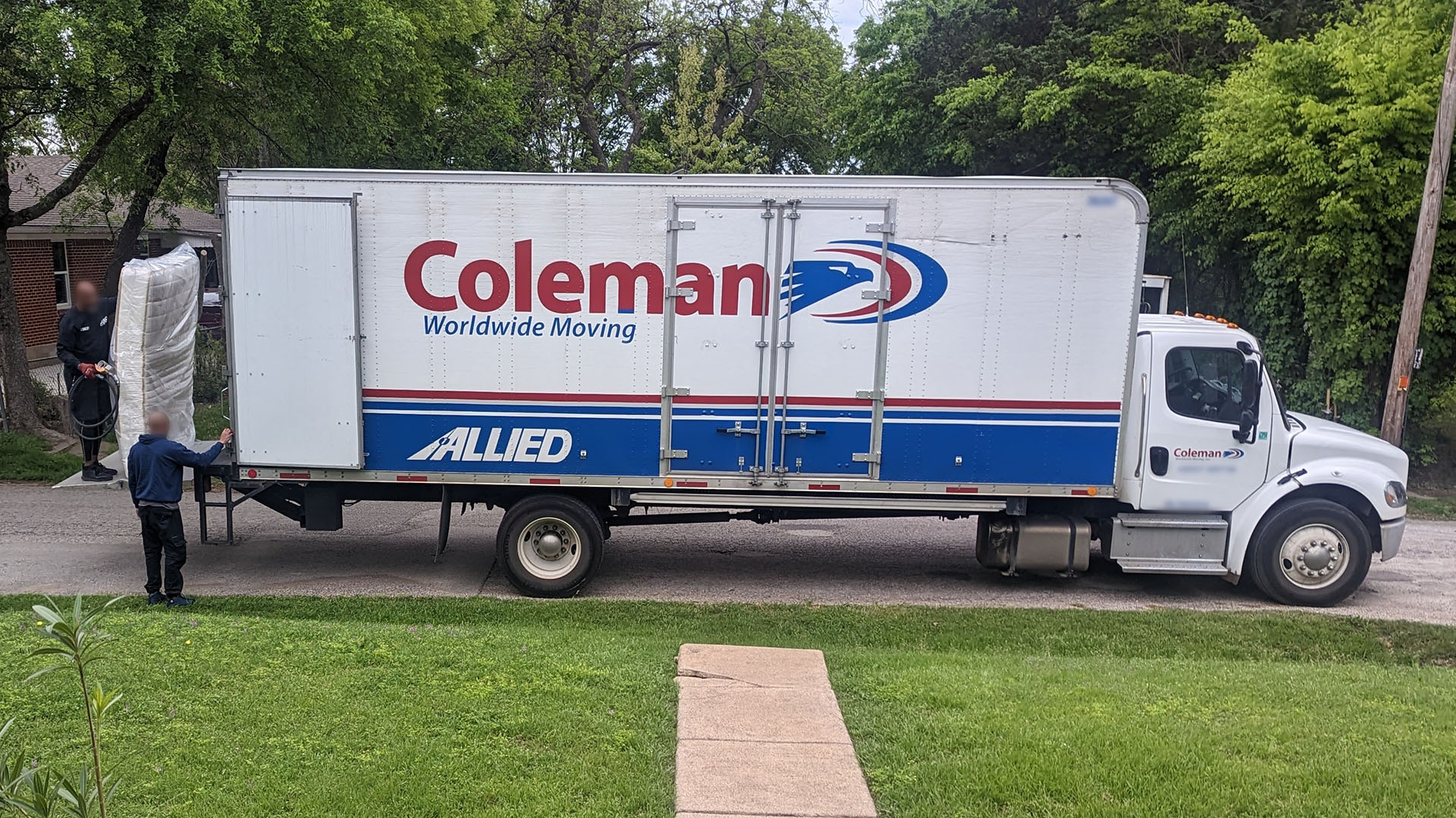
Tim Dilworth, Chief Operating Officer at 3Z Brands (the parent brand for the likes of Helix and Brooklyn Bedding), disputes those claims. He says that many roll-up mattresses actually use higher-quality materials so they can handle the compression process.
"Generally roll-packed beds have higher density foams and higher quality raw materials in them, because there's a little bit of rigor that takes place on that bed when it is rolled and put in a box," he explains. "Because we make our own foam and coils in-house, we’re able to ensure we’re building the most durable materials possible."
Get instant access to breaking news, the hottest reviews, great deals and helpful tips.
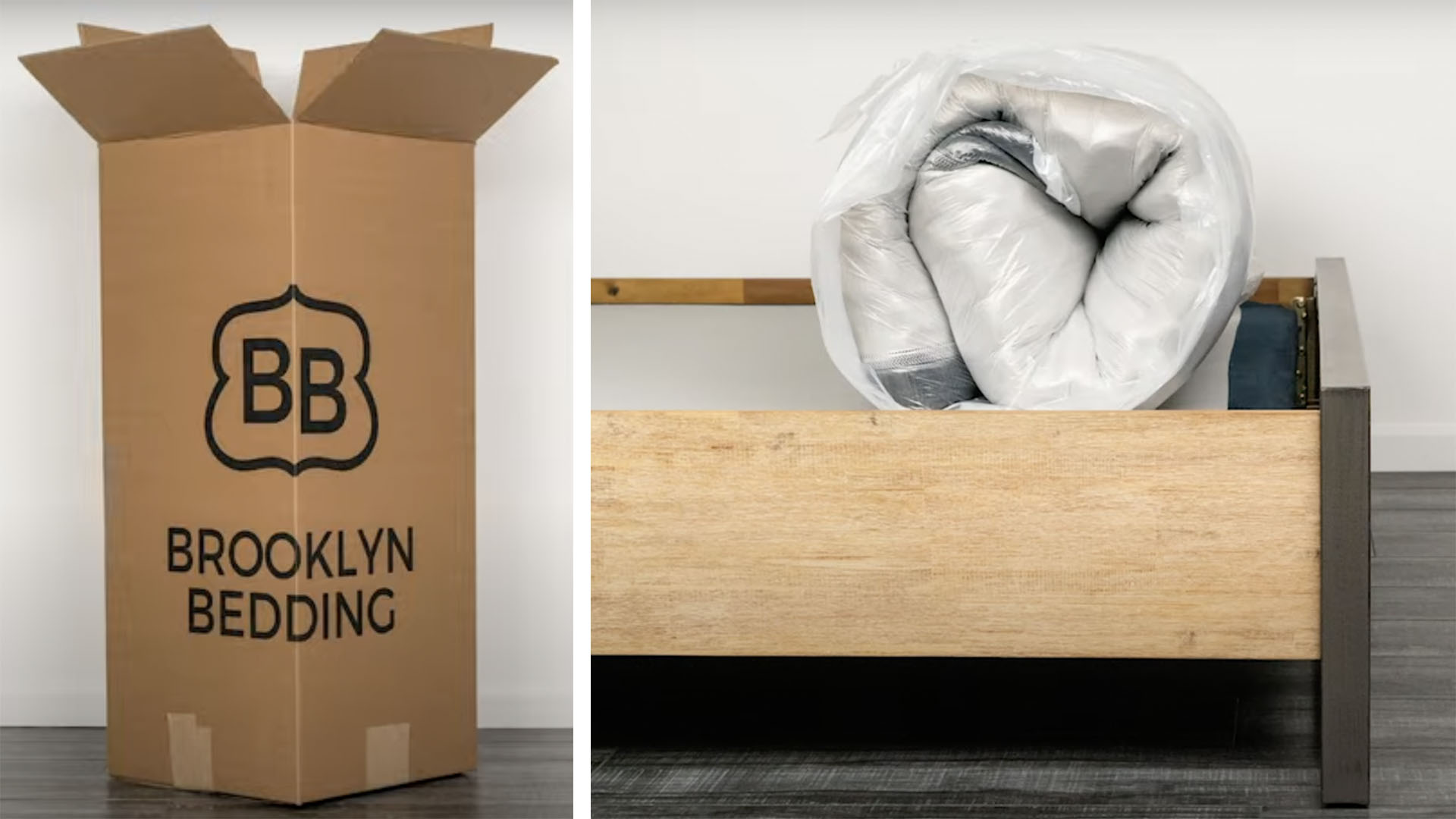
However, where materials can become compromised is when the mattresses are left compressed in their boxes for long periods. "The most common issue is incomplete expansion due to damage to the foam layers," says Tim. "You typically see this happen when mattresses are compressed in boxes for over three months."
Most reputable boxed mattress brands avoid keeping their beds stored for this long – check for this information on the website before making your purchase. 3Z Brands mattresses, for example, are made-to-order and shipped on the same day they're compressed on. So they only stay in their boxes for 2-5 days.
Claim #2: Traditional mattresses last longer
Another thing to consider is how long your mattress is going to last. "Mattresses that are compressed, rolled up, and stuffed in a box are not going to offer the same long-lasting performance as a premium product delivered intact," says Byron.
Again, it's not quite as straightforward as that. Saatva mattresses are extremely well made, based on our experiences, but just because you're buying a mattress that's delivered flat doesn't automatically mean it's going to be high quality and durable. That's especially true if you're opting for a budget mattress.
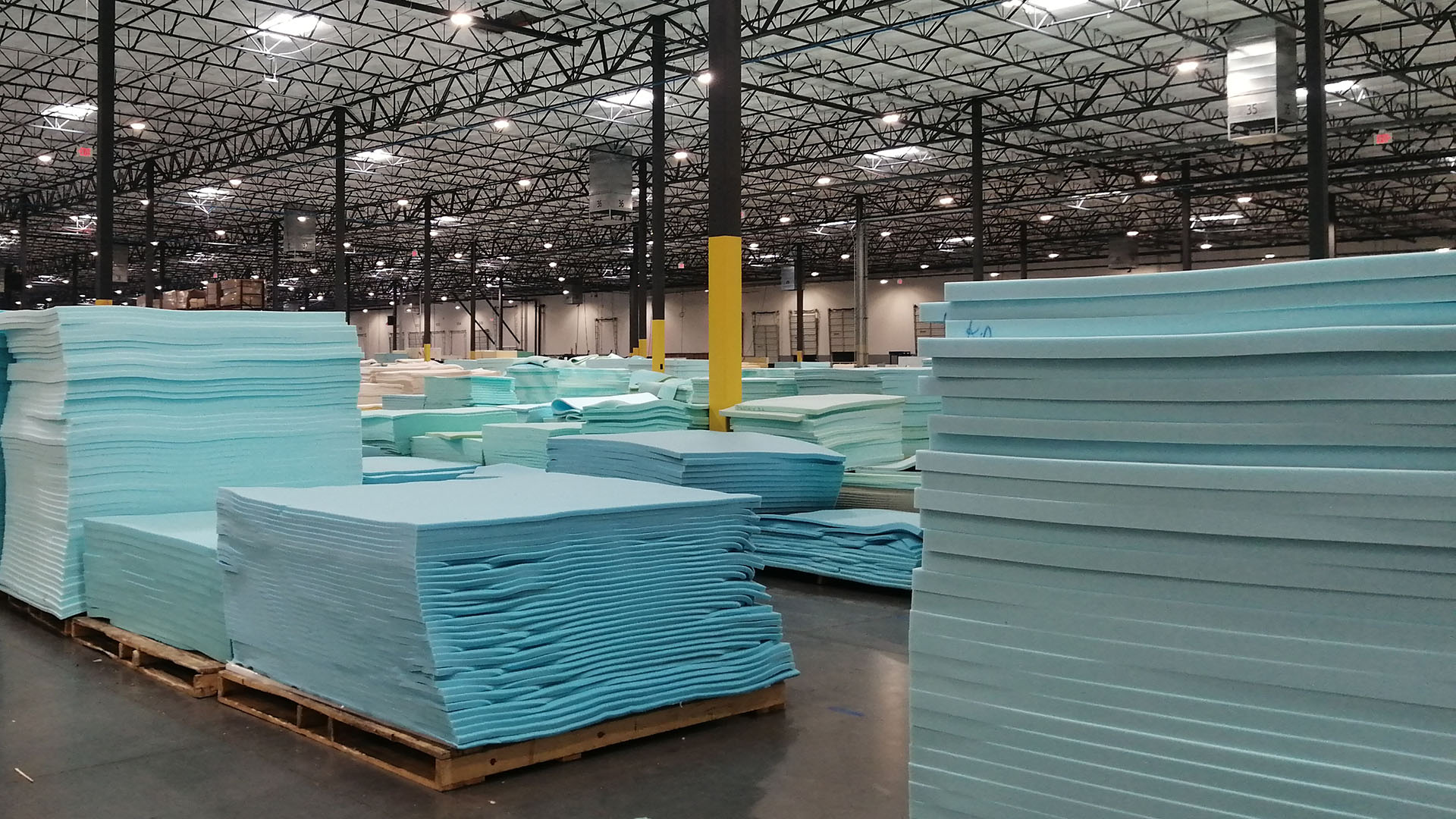
Tim says that budget stores that sell low-end all-foam mattresses can get away with using less durable materials because they don't have to go through the strain of being compressed. That means they'll look great in store, but when you get them home and they have to deal with someone sleeping on them, they can start to show wear and tear much quicker.
"As a consumer, for the most part, you're getting a better product, pound per pound, [with a boxed mattress] versus if you're going to sort of a discount store down the street," he explains. So today's best cheap mattresses are more likely to be those that have been rolled and boxed.
Claim #3: Boxed mattress coils are less durable
When creating innerspring or hybrid mattresses, Byron says that boxed mattress makers will use higher-gauge (i.e. thinner) coils to make the compression process easier. He suggests that folding the mattress can damage the coils in the crease.
The coils in a Saatva are 13-gauge and 14.5-gauge. The coils in 3Z Brand mattresses are between 13 and 16 gauge. Tim points out that while higher-gauge coils are less durable, they are also more responsive and flexible, which makes them more suitable for certain mattresses.
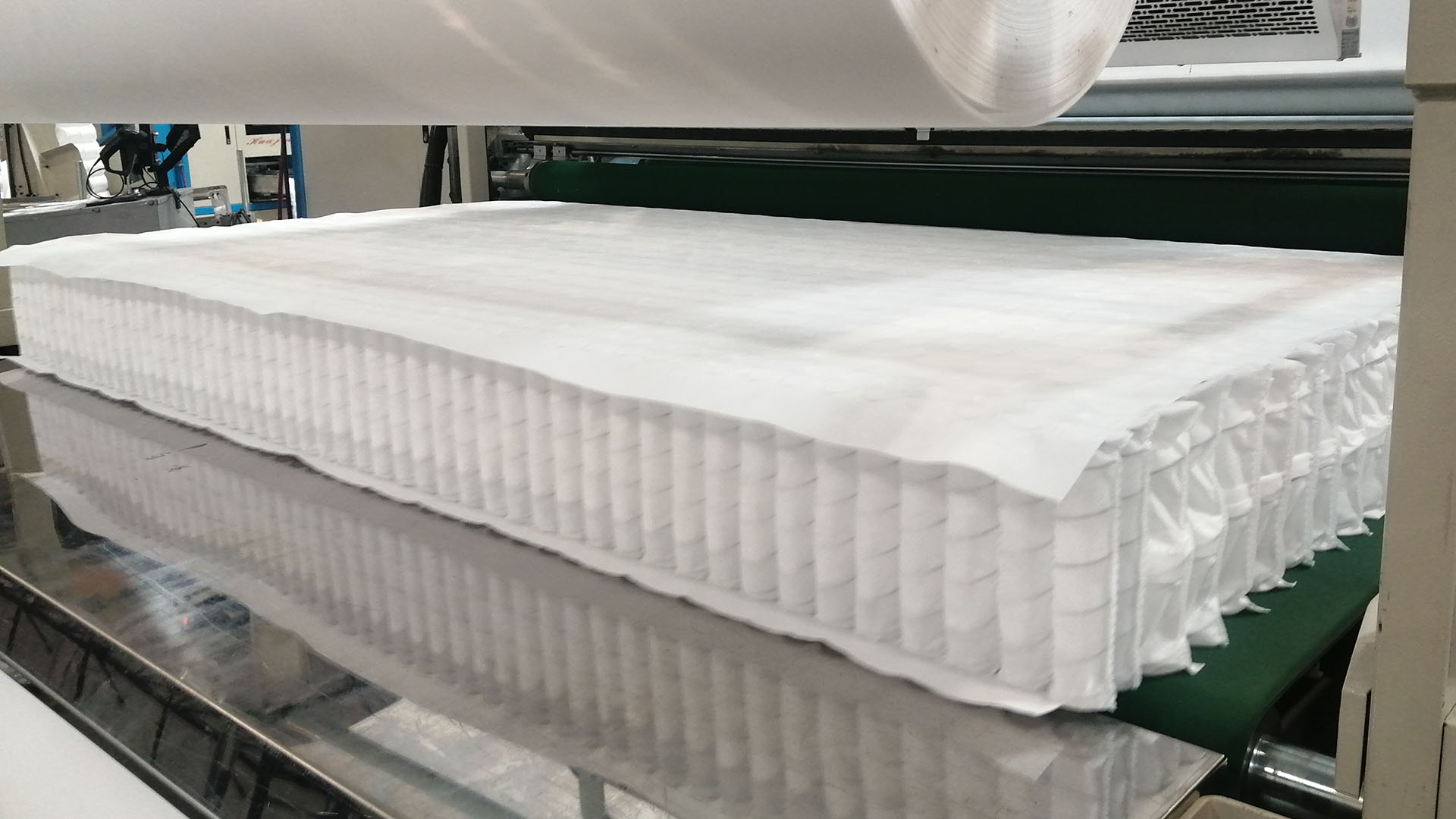
Claim #4: Boxed mattresses may be less safe
There has been much discussion about the use of fiberglass as a flame retardant in mattresses. This layer needs to remain securely enclosed within the mattress. Byron suggests that when a boxed mattress is compressed, it can damage the casing, potentially leading to fiberglass shards escaping into the room.
Tim agrees that that is a potential danger, and it's worth checking that your boxed mattress doesn't use fiberglass as its fire-retardant layer. It's important to note that this isn't specifically a boxed mattress thing, but more a cheap mattress thing. There are a number of (more expensive) alternatives – including fire-resistant fabric, or for natural or organic mattresses, wool is often used. None of 3Z Brands' mattresses use fiberglass.

Ruth is currently Homes Editor on Tom's Guide's sister site TechRadar, where she reviews and writes about everything from air fryers to vacuum cleaners to coffee machines, as well as the latest smart home gadgets. Prior to making the shift to Homes, Ruth was Tom's Guide's Sleep Editor. A certified Sleep Science Coach, she has tested more mattresses than her small flat can handle and will talk at length about them to anyone who shows even a passing interest.
 Club Benefits
Club Benefits





